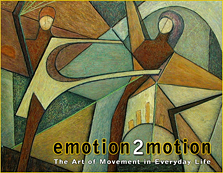Forensic evaluations are at the heart of how the legal profession seeks input and guidance from other professional disciplines when trying to develop an in-depth understanding of a non-legal problem. Medical examiners, accountants, dentists and mental health professionals are frequently called upon to provide analysis and insight into details of a case, which will have a bearing on how the Trier-of-fact weighs various sources of information in reaching a decision.
In high-conflict divorces, Judges often turn to psychologists for their mental health expertise, their understanding of family system dynamics, and their research-based knowledge about the effects of divorce on children. Psychologists can be appointed by Order of the Court as neutral, forensic custody evaluators, with the hope that the information gathered about the family will aide in settlement discussions and prevent the divorcing spouses from going to a hearing in order to resolve questions of custody. Custody evaluators can also be hired by parties and their attorneys, for the purpose of rebutting a colleague’s work product and conclusions, and for assistance in preparing for cross-examination at trial. Forensic evaluations are also sought by attorneys in personal injury matters and criminal cases, where monetary outcomes or sentencing can ride on the conclusions drawn by the psychologist’s assessment

